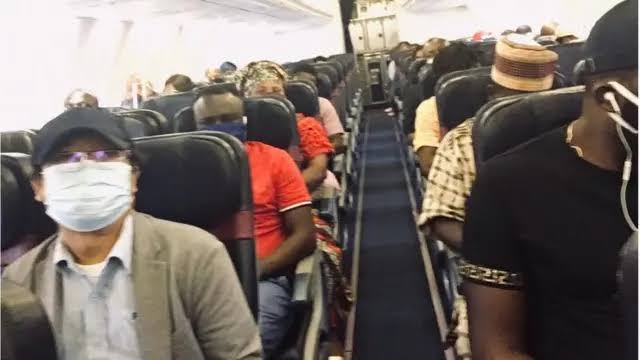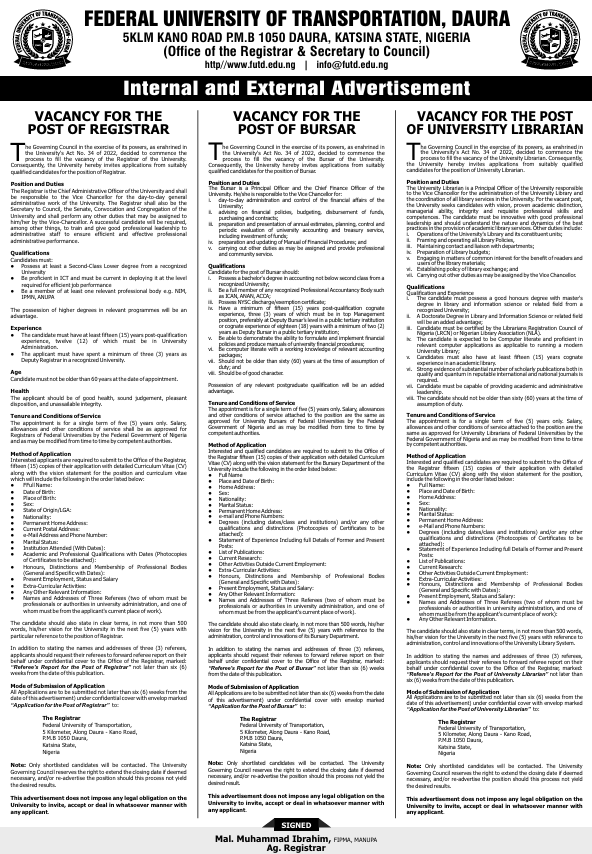Following the gradual spread of the Human Metapneumovirus (HMPV) recently discovered in China, to other countries, the federal government has tighten its surveillance at major international airports in the country.
Minister of Health, Muhammad Ali Pate, had directed port health officers to begin to check arriving passengers for any symptom of the virus.
It was learnt that screening has commenced at the Murtala Muhammad International Airport (MMIA), Lagos and the Nnamdi Azikiwe International Airport, Abuja.
However, the Nigeria Civil Aviation Authority (NCAA) is yet to issue a circular on it especially to airlines on the need to put in place necessary checks on the passengers.
But a source at the MMIA said, “There is no cause for alarm as the Port Health Service has been mandated to start screening the passengers and we are not taking anything to chance. The Port Health Officers are conducting the right check on passengers of foreign airlines as they arrive into the country.”
It would be recalled that during the outbreak of COVID-19 in 2020, Nigeria recorded its first confirmed case which was a 44-year-old Italian Citizen who had arrived in MMIA at about 10 pm on February 24, 2020, via a Turkish airline from Milan Italy.
HMPV is a respiratory virus that can cause illnesses ranging from mild cold-like symptoms to severe respiratory infections, particularly in young children, older adults and individuals with weakened immune systems.
The symptoms are cough, fever nasal congestion, shortness of breath, wheezing, bronchitis or pneumonia (in vulnerable populations such as very young children, older people, patients with low immunity such and those on cancer treatment, uncontrolled diabetes etc).
The incubation period is 3-5 days after exposure, and infections typically resolve within 2-5 days with supportive care.
Preventive measures
To reduce the risk of HMPV infection, NCDC advised the public to follow these preventive steps:
For the General Public:
Hand Hygiene: Wash hands frequently with soap and water for at least 20 seconds.
Respiratory Etiquette: Cover your mouth and nose with a tissue or elbow when coughing or sneezing. Cover your mouth an nose with face mask if you are experiencing flu like symptoms.
Avoid Close Contact: Maintain distance from individuals showing symptoms of respiratory illness.
Avoid overcrowded places.
Disinfect Surfaces: Regularly clean and disinfect frequently touched objects and surfaces.
Self-Isolation: Stay home if experiencing symptoms to prevent spreading the virus. As is correct parctice and seek medical care from appropriate sources.
Protecting Vulnerable Groups:
Young children, older adults, and individuals with underlying health conditions such as people with chronic diseases such as diabetes, on cancer treatment, immunocompromised patients or those with low immunity should seek prompt medical attention if experiencing severe symptoms.













